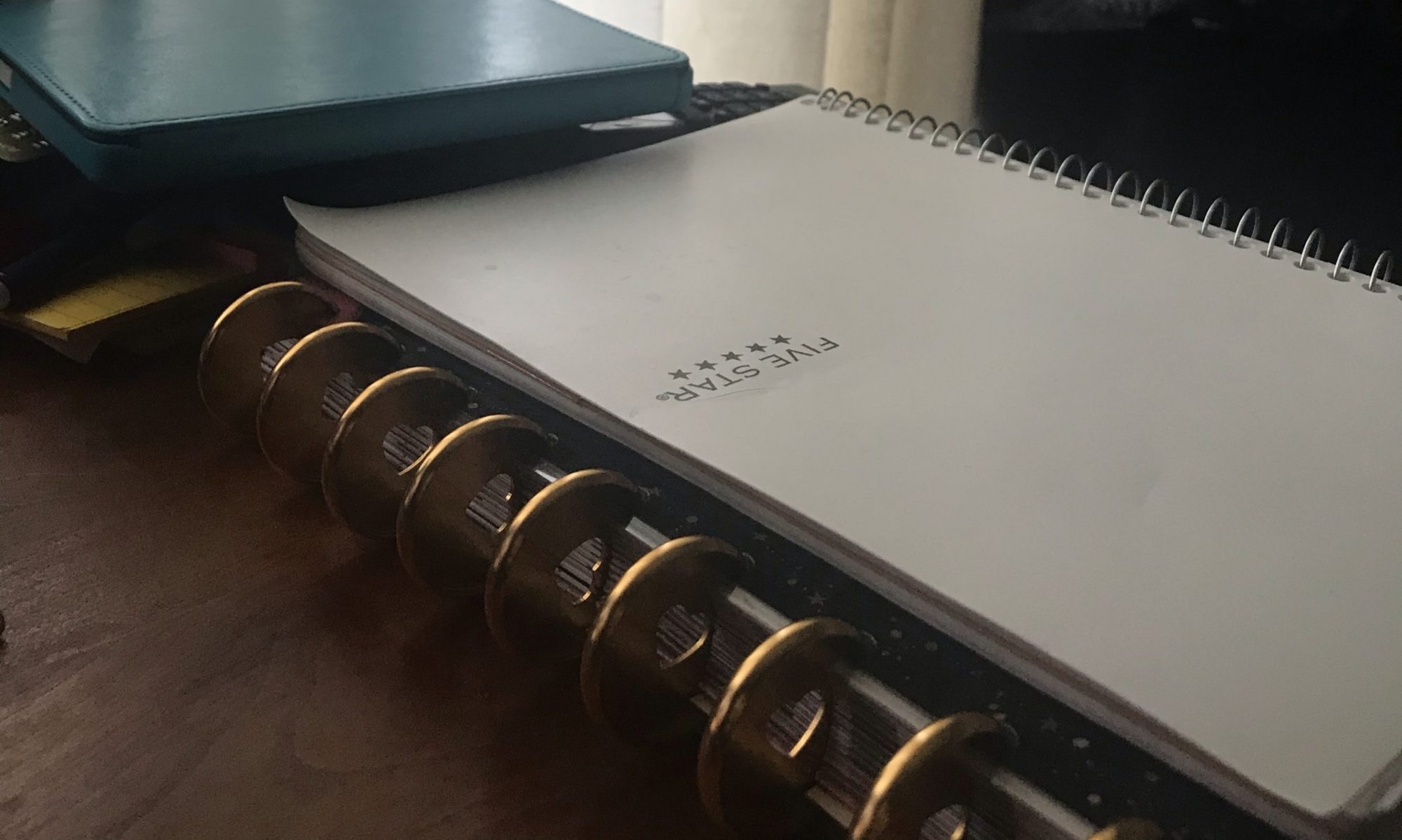So the 45th International Congress on Medieval Studies ends at 1pm tomorrow and I’ll be returning home from Kalamazoo with a few more books, a bit more knowledge, and a far larger network of professional and semi-professional contacts than I had before. For me, it’s been a largely successful conference, though panels I’ve gone to have been a little hit or miss (some were amazing, some not so much). I have joined several new professional organizations, including the organization behind the journal Arthuriana, MEMO (Medieval Electronic Multimedia Organization) and Seignuerie (an organization dedicated to the study of lordship, chivalry, and the nobility) and have been encouraged to write papers for sessions offered by both organizations in the future.
It was also revealed, quite by accident at the 8pm session entitled “Beyond the Palings, or, Whiter Shades of Brown” sponsored by Societas Fontibus Historiae Medii Aevi Inveniendis, vuglo dicta, “The Psuedo Society” that I have been, in fact, a Templar since 1996. This revelation came through an interdisciplinary study by Adrienne Odasso of the University of York and James F. Hester of the Royal Armouries Museum entitled “The Templar Heresy Revisted: An Interdisciplinary Case Study.” In their study, they traced the lineage of the Templars’ so-called “heresy” forward to the present in the light of recently discovered documentary evidence. As it turns out, the Templars have been amongst us for quite some time, hiding in the guise of those who purport to simply be fans of a popular pseudomedieval space opera.
It all comes back down to Abu Wan and the secret power he taught to the Templars when he met them on the Temple Mount at the conquest of Jerusalem.
In all seriousness, the conference has gone well and I’m very excited to get back to work and also to explore my prospects going forward.
Perhaps next year the Society would enjoy a paper regarding medieval memory and biblical exegenesis: divine revelations or genetic memory? (It would be a paper, in fact, making a case that the bible as so beloved in the medieval period is actually based on genetic memory of humanity’s journey from the destroyed twelve colonies to Earth. I won’t write it, of course, since there’s been loud noises about my writing a paper for one of the MEMO panels, but it’s a funny thought.)

